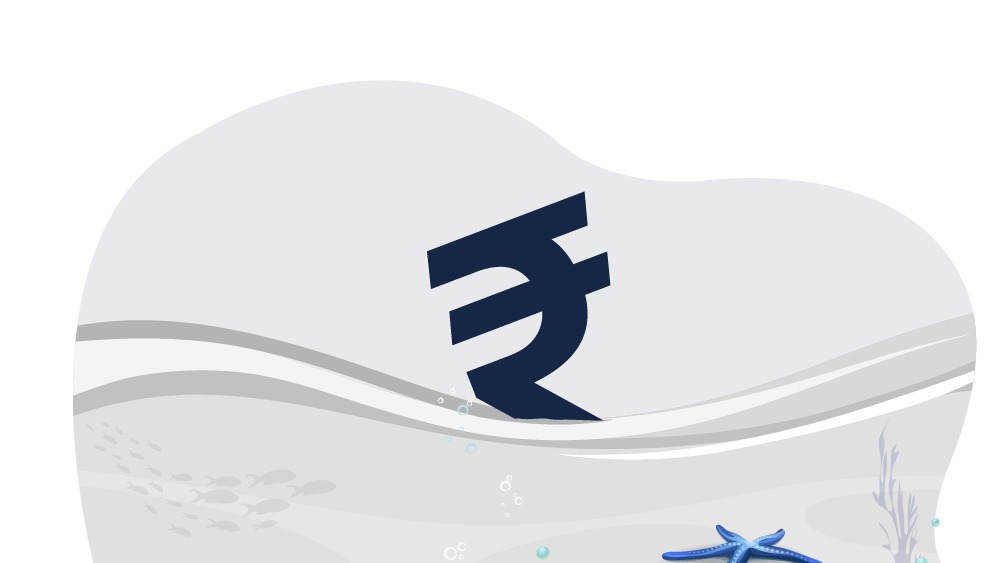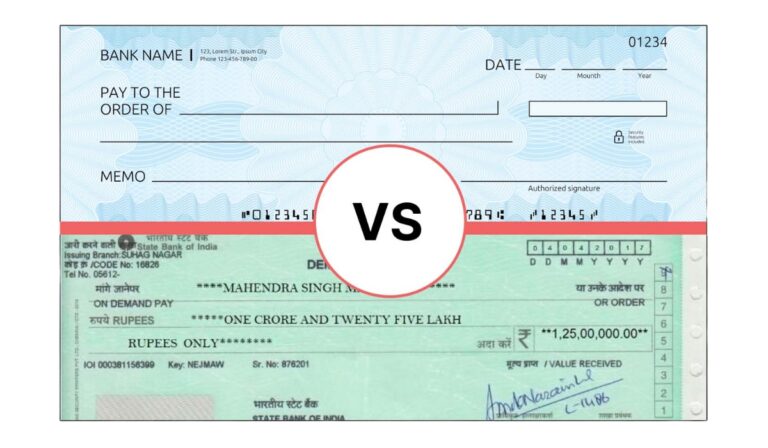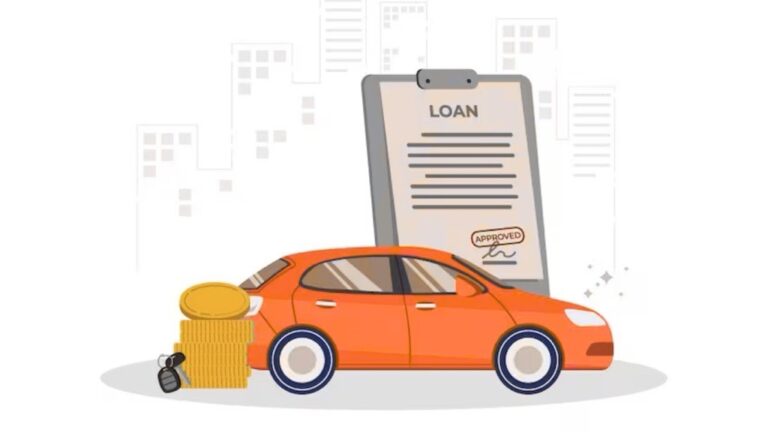Have you ever held onto something just because you’ve already invested time, money, or effort into it, even if it wasn’t making sense anymore? If yes, then you’ve encountered the concept of sunk costs. In this blog, we’ll break down what sunk costs are, the types you might come across, and how to avoid falling into the sunk cost fallacy trap in simple and easy-to-understand terms.
Understanding Sunk Costs
Sunk costs are expenses or investments that you’ve made in the past and can’t recover, regardless of what you decide to do in the future. These costs are like a ship that has already sailed – there’s no turning back.
They are like anchors from the past that can weigh you down if you’re not careful.
Types of Sunk Costs
- Financial Sunk Costs: These are the most common type. For example, imagine you’ve spent $1,000 on a gym membership for the year. If you stop going after a few months, that $1,000 is gone, and you can’t get it back.
- Time Sunk Costs: Time is precious, some would even say time is money, and once it’s spent, you can’t get it back. Think about the hours you’ve invested in a project or a relationship that didn’t pan out as expected.
- Emotional Sunk Costs: Sometimes, our emotions can lead us to cling to something because we’ve invested so much emotionally. For instance, staying in a toxic friendship just because you’ve known the person for a long time.
Sunk Cost Fallacy
The sunk cost fallacy is a common error in reasoning where people make decisions based on the amount they’ve already invested, rather than evaluating the current situation rationally. It is like trying to make more money to overcome the loss they have incurred due to their past poor investing decisions.
Sometimes, financial decisions involve pre-payment penalties. Imagine you’ve taken out a loan with a pre-payment penalty clause. This means that if you decide to pay off your loan earlier than the agreed-upon term, you may incur additional charges. These penalties can be considered sunk costs as well because once paid, they can’t be reversed. Therefore, it’s essential to consider the implications of pre-payment penalties when managing loans.
How to Avoid Sunk Cost Fallacy
- Focus on the future: Instead of dwelling on what you’ve already invested, concentrate on what’s ahead. Ask yourself whether continuing the investment makes sense now.
- Evaluate objectively: Try to detach your emotions from the decision. Look at the situation from an unbiased perspective and assess if it’s still in your best interest.
- Cut your losses: If the investment isn’t paying off and there’s no reasonable expectation of improvement, it might be time to let it go. Remember, you can’t change the past, but you can control your future actions.
Example
Let’s say you bought a ticket to a concert for $100, but on the day of the event, you’re not feeling well. You might think, “I’ve already spent $100 on this ticket; I can’t waste it!” However, if you attend the concert while sick, you won’t enjoy it, and your health might deteriorate further. In this case, it’s better to recognize the sunk cost (the $100) and prioritize your well-being by staying home.
Sunk costs are like money you’ve already spent and can’t get back, no matter what you do next. So, it’s important to be smart about how you handle these costs and focus on what’s best for your future finances.
Sunk Cost FAQs
- Can you recover sunk costs?
No, sunk costs are irretrievable. Once you’ve spent money, time, or emotions on something, it’s gone.
- Why is the sunk cost fallacy a problem?
It can lead to poor decision-making because you’re focusing on the past rather than what’s best for your future.
- Is it always wrong to consider past investments?
Not necessarily. Sometimes, past investments do matter, but you should weigh them against the current situation objectively.
Conclusion
Understanding sunk costs and avoiding the sunk cost fallacy is crucial in finance and life. Remember, just because you’ve invested in something doesn’t mean you should continue if it’s no longer in your best interest. By looking ahead and making rational decisions, you can navigate the waters of finance with confidence and avoid letting sunk costs drag you down.
PayMe is an RBI-registered Indian lending fintech company that strives to close the difference between conventional loan providers and potential borrowers who may not be able to satisfy their rigorous criteria. It provides quick and hassle-free loans to individuals and small businesses. PayMe aims to provide its customers with financial stability and security through its user-friendly interface and fast approval system. PayMe is dedicated to providing financial stability and security to our customers, all while maintaining an easy-to-use platform and a speedy approval process. Payme’s customer-centric approach and innovative technology make it a leader in the Indian lending fintech industry.
This post is also available in: हिन्दी (Hindi)




